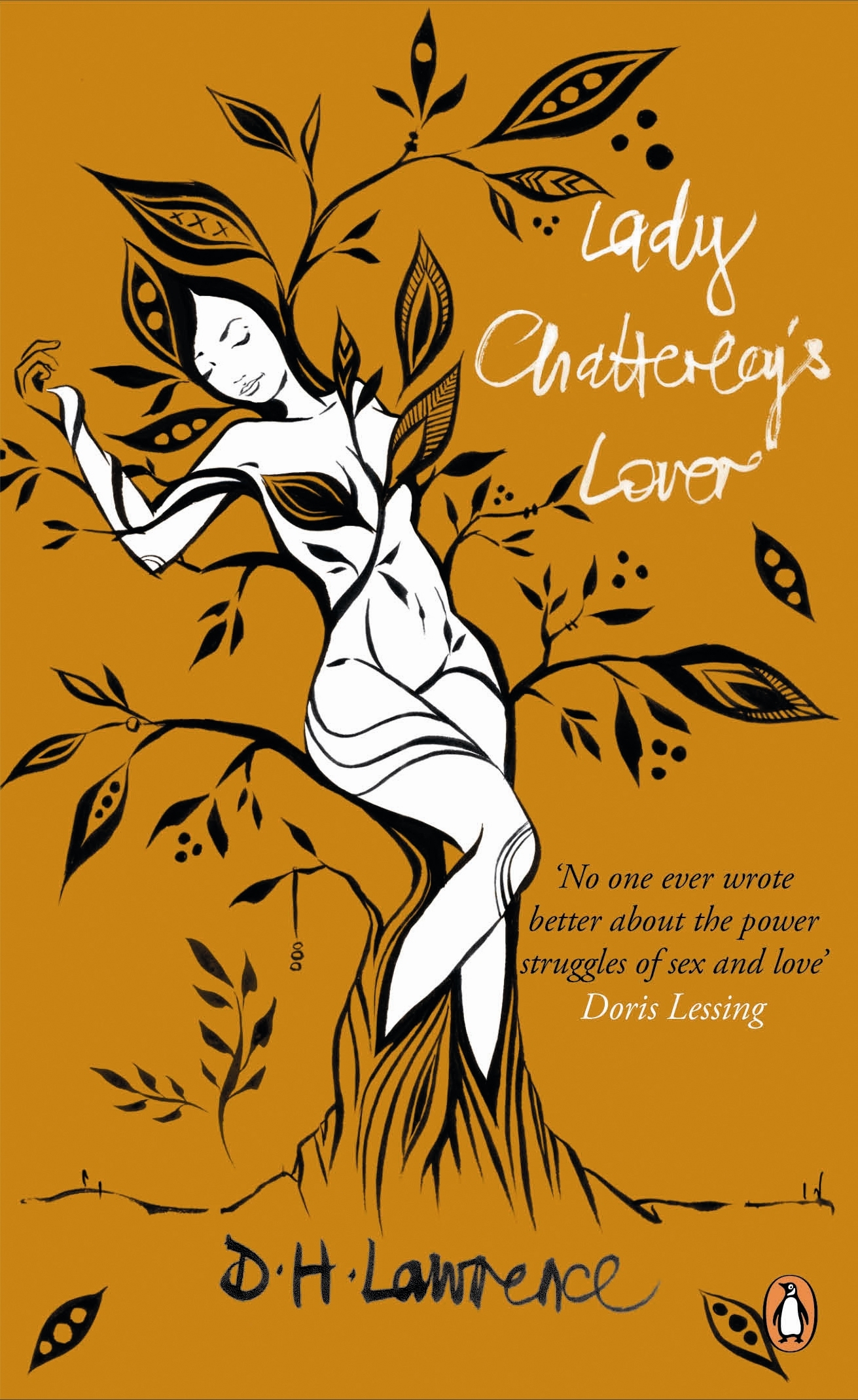

She lay unconscious of the wild little cries she uttered at the last. It was like bells rippling up and up to a culmination. Rippling, rippling, rippling, like a flapping overlapping of soft flames, soft as feathers, running to points of brilliance, exquisite and melting her all molten inside. Then as he began to move, in the sudden helpless orgasm, there awoke in her new strange thrills rippling inside her. For a moment he was still inside her, turgid there and quivering. She was giving up.she had to lie down there under the boughs of the tree, like an animal, while he waited, standing there in his shirt and breeches, watching her with haunted eyes.He too had bared the front part of his body and she felt his naked flesh against her as he came into her. He died of tuberculosis in France in 1930, at the age of 44.“His body was urgent against her, and she didn't have the heart anymore to fight.She saw his eyes, tense and brilliant, fierce, not loving. After World War I, Lawrence traveled to Italy, Australia, and Mexico and wrote several more novels, including Women in Love (1921). The couple returned to England, and Lawrence’s next novel, The Rainbow (1915), was banned for indecency.

In 1913, Lawrence published his first major novel, Sons and Lovers, an autobiographical novel set in a coal town. The pair fled to Germany and wed after Frieda divorced her husband.

The following year, Lawrence fell in love with Frieda Weekley, the German wife of a fellow teacher. His first novel, The White Peacock, was published in 1911. He won a scholarship to Nottingham High School, worked as a clerk, and attended University College in Nottingham, where he earned a teaching certificate. She depended heavily on Lawrence for emotional support and nurturing. His mother struggled to teach her children refinement and a love of education. Lawrence was born to a poor coal-mining family in Eastwood, Nottinghamshire, in 1885. In 1959, the full text was published in New York, then in London the following year.

An expurgated version was published in England in 1932. The book had been published in a limited English-language edition in Florence in 1928 and Paris the following year. The publisher had been sued for obscenity in publishing an unexpurgated version of Lawrence’s novel, which deals with the affair between the wife of a wealthy, paralyzed landowner and his estate’s gamekeeper. Lawrence, ends in the acquittal of Penguin Books. On November 2, 1960, a landmark obscenity case over Lady Chatterley’s Lover, by D.H.


 0 kommentar(er)
0 kommentar(er)
